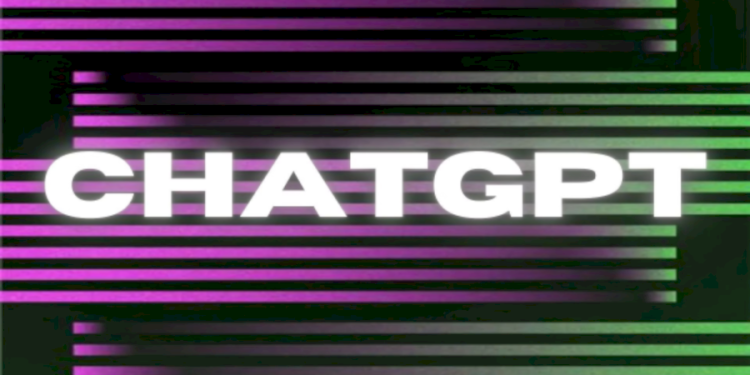Everyone has their own personal bot.
When OpenAI made ChatGPT available to the general public a little over two months ago, the A.I.-powered chatbot was immediately propelled into the centre of mainstream discourse, with debates about how it may potentially revolutionise business, education, and other areas of society. (As a result of it, Microsoft decided to make an investment of $10 billion in OpenAI.)
Now both Google and the Chinese tech giant Baidu have unveiled their own chatbots in the hopes of convincing the world that their efforts in so-called generative A.I. — technology that can spout off conversational text, make images, and more — are just as ready for prime time. Google’s chatbot is called Google Assistant, while Baidu’s is called DuerOS.
Meet Bard, the upcoming conversational assistant from Google. The company has been putting the technology behind the service through its paces for the better part of the past few months in preparation for the launch of the service to a wider audience, which will soon take place. This is Google’s most recent reaction to ChatGPT, the popularity of which prompted the tech giant to issue a “code red” and hurry out its own artificial intelligence (AI)-powered products.
In an internal message that was acquired by CNBC, Google CEO Sundar Pichai made it very obvious to employees that the company’s new top focus is the Bard project. According to what he stated, “next week, we’ll be recruiting every Googler to help shape Bard and contribute through an unique company-wide dogfood.” The term “dogfood” is a term used in the technology industry to refer to the process of putting a product through its paces internally.
And here we have Ernie, Baidu’s very own product. The chatbot, whose name is an abbreviation for “Enhanced Representation through Knowledge Integration,” was developed using technology that Baidu stated it has been developing since 2019. According to the Chinese technology company, the generative artificial intelligence that underpins Ernie includes enormous swaths of data, which should make it more valuable. Following the announcement, shares of Baidu rose by more than 13 percent, reaching their highest level in over a year’s time.
Competing businesses are making upward progress. On Tuesday, Microsoft is planning to reveal something new in connection with ChatGPT, and the head of OpenAI, Sam Altman, will be there to witness the event. And despite significant criticism of goods it had previously published, Facebook’s parent firm, Meta, is finding out how to remind the world of its own prowess in generative A.I. And this is despite the fact that Facebook is owned by Meta. (In the meantime, there are still examples that show that generative artificial intelligence isn’t flawless.)









